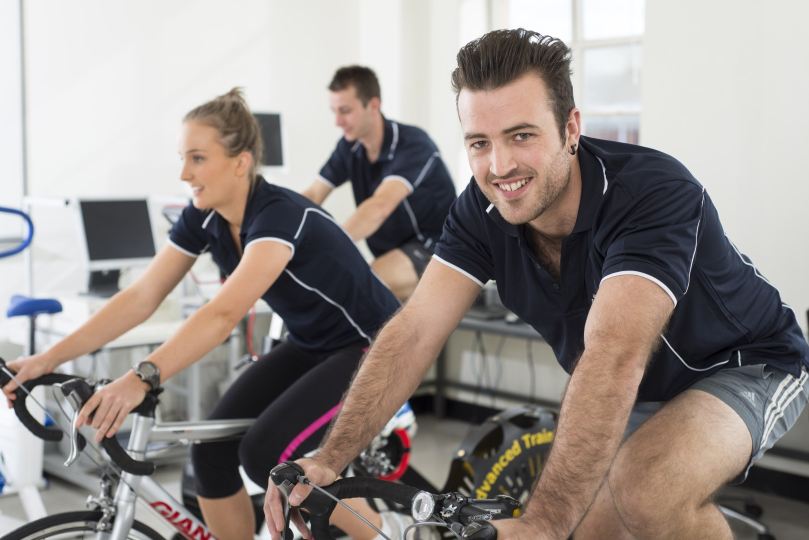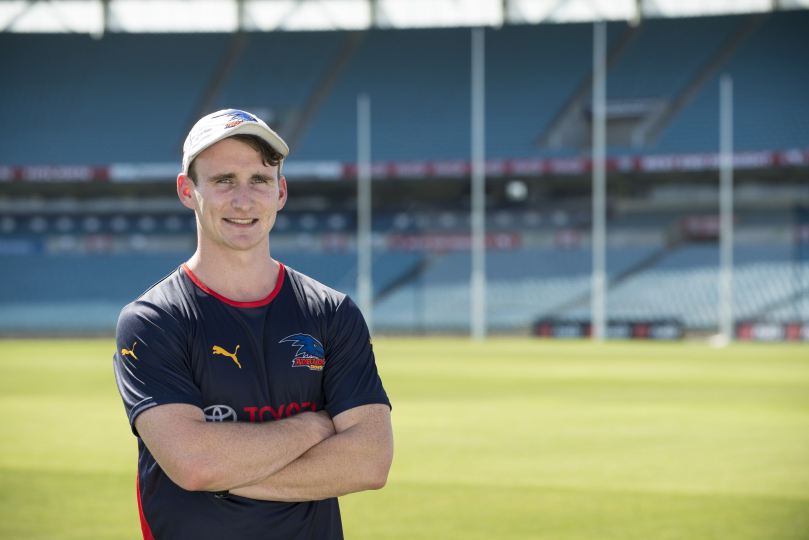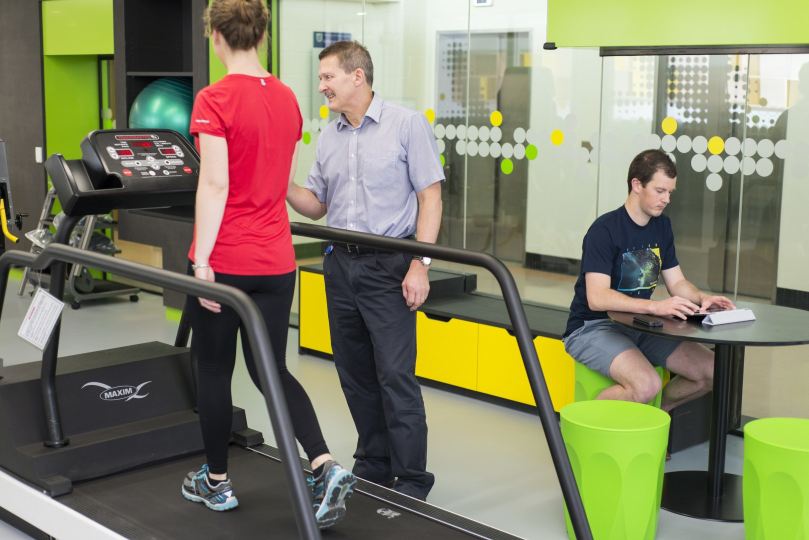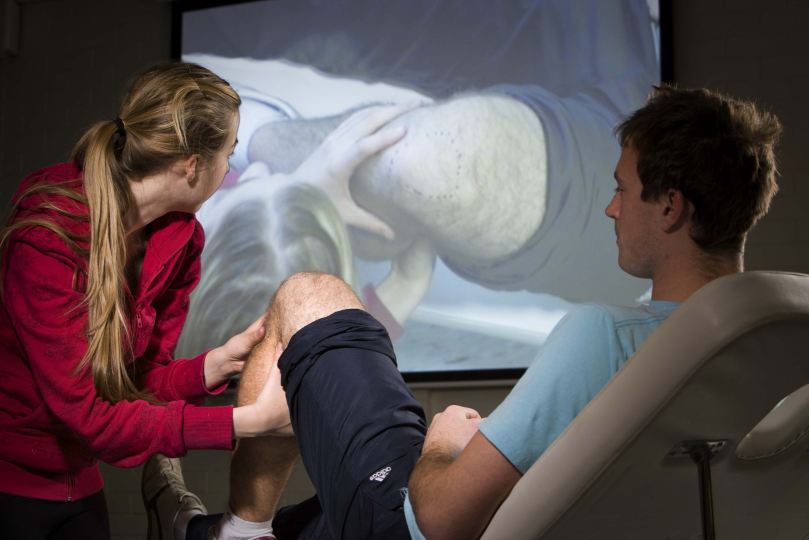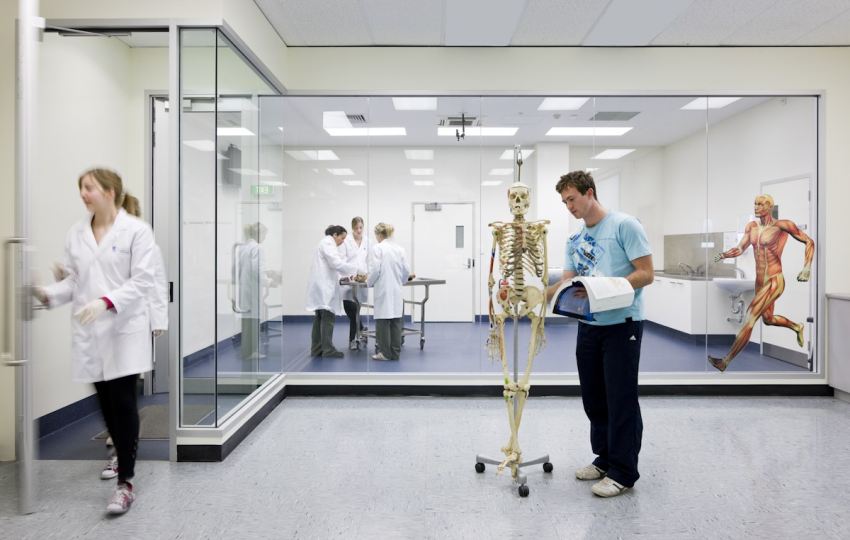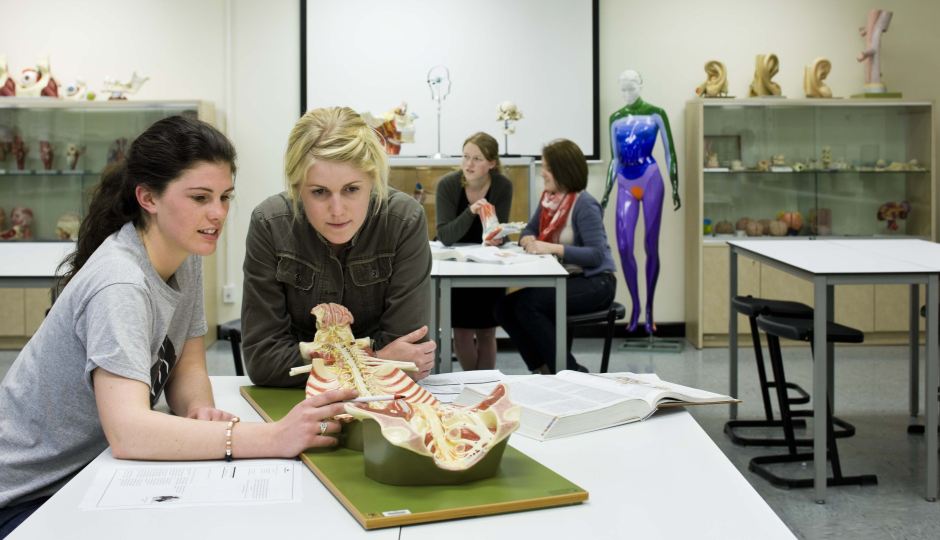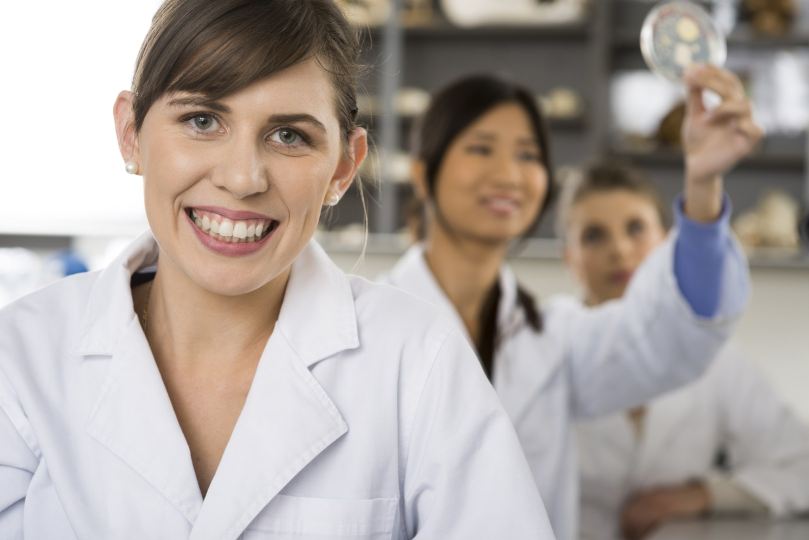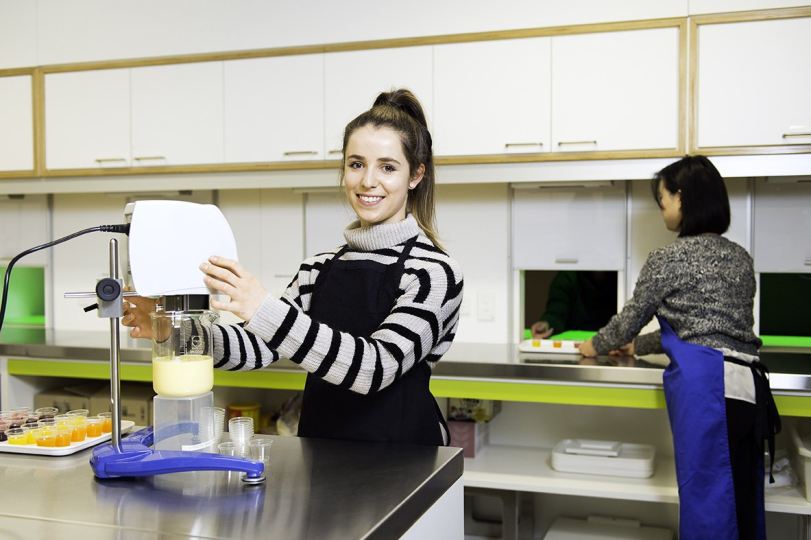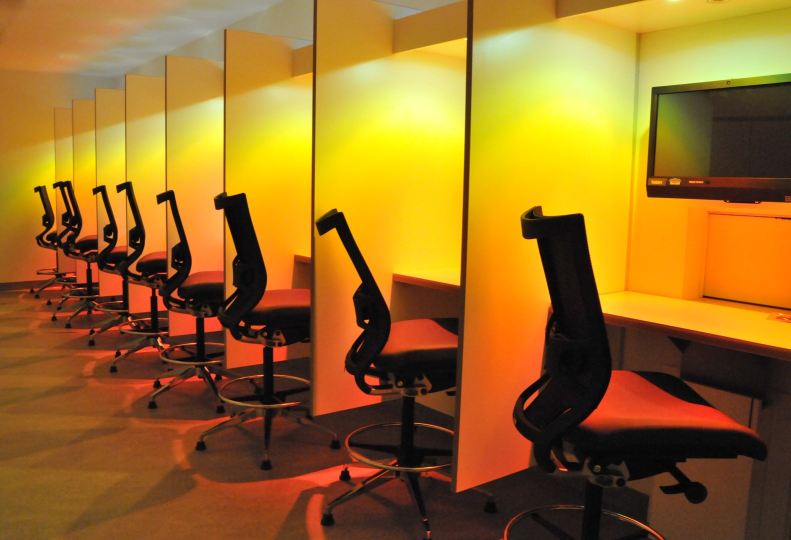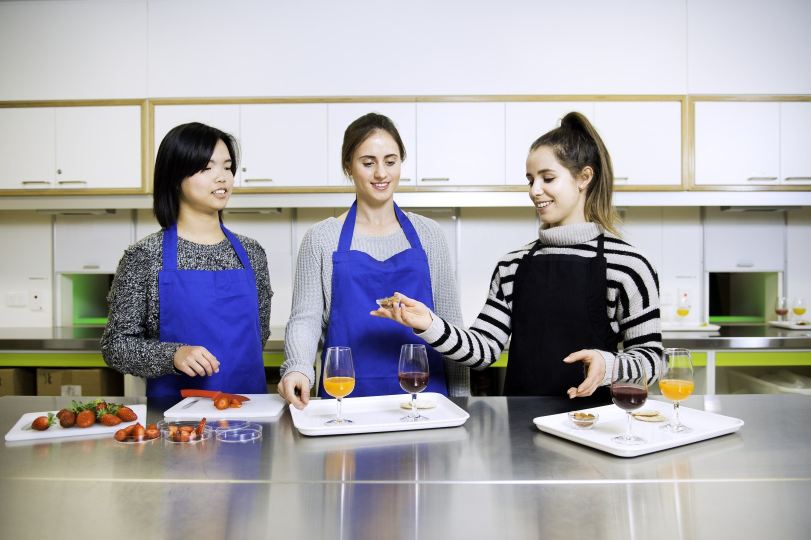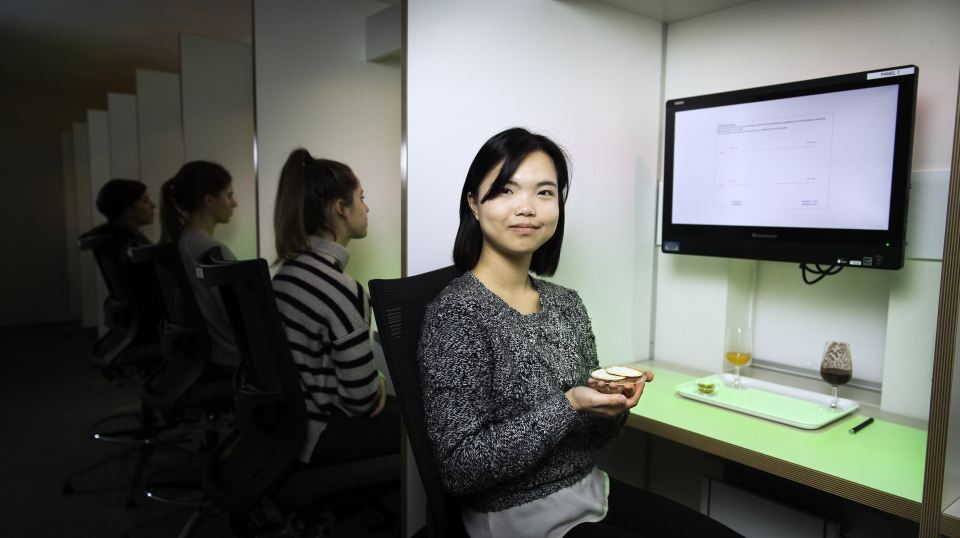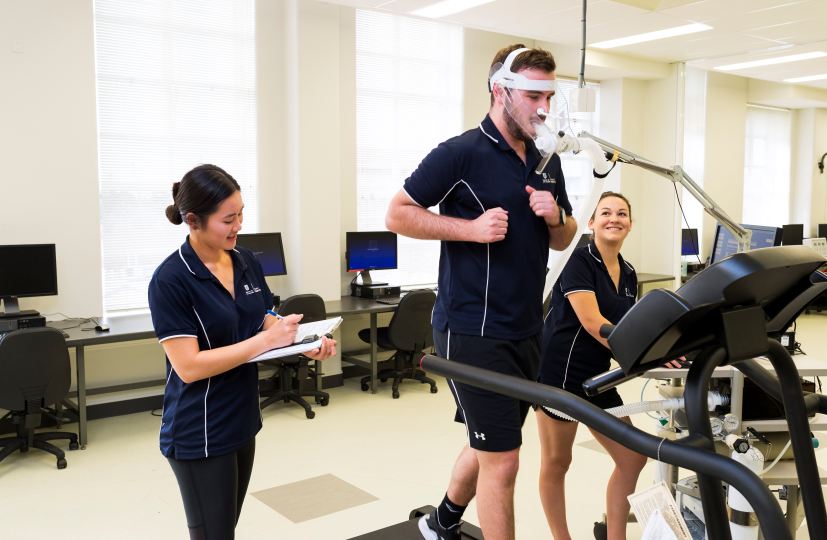Bachelor of Exercise and Sport Science, Bachelor of Nutrition and Food Sciences
Degree Level Undergraduate
Year 2025
You're considered an Australian student if you are any of the following:
Degree Level Undergraduate
Year 2025
Entry Scores
2025 Guaranteed Entry
Year 12 (ATAR-based): 90.00
Year 12 (Grades-based): A,A,A
TAFE/RTO: DIP
View Guaranteed Entry Info
2024 Cut-Offs
Year 12 (ATAR-based):
- Internal: 80.00
TAFE/RTO: Dip
View full entry requirements
The admission criteria have been grouped to assist you to easily find the information most relevant to your circumstances. However, you may fit into more than one and the university will consider applicants against each of the relevant criteria.
Certain conditions apply. For more information refer to Appendix 4 of the University's Selection and Entry policy.
Applicants are required to meet one of the following criteria with a competitive result, and demonstrate that they fulfil any prerequisite requirements and essential requirements for admission:
Recent secondary education
Meet any prerequisite requirements with a minimum grade of C- or equivalent
AND
Applicants who have not achieved the Selection Rank required for automatic selection may be selected for any remaining places based on the grades of their year 12 subjects.
OR
Higher education study
OR
Vocational Education and Training (VET)
OR
Work and life experience
Students commencing in July will follow an alternate degree structure to accommodate starting in Second Semester.
12021 Shanghai Global Ranking of Sport Science Schools and Departments. 2ComparED (QILT) Graduate Outcomes Survey 2021-23– Full-time Employment Indicator (Domestic Undergraduate). SA public universities. 32018 Excellence in Research for Australia (ERA). 4Ranked #43, 2024 THE Young University Rankings.
Start your unstoppable career in the world of human health and wellbeing by studying exercise and sport science with nutrition and food science. 
Studying exercise and sport science will equip you with expertise on the impact of exercise and physical activity on the biological, physiological, psychological and social aspects of human life. Your additional study in nutrition and food sciences will give you hands-on experience in promoting and managing diets and lifestyles, conducting meaningful research for enhanced wellbeing, and developing innovative foods.
This hands-on degree includes practical learning in brand-new, industry-leading facilities in our Sports Science Hub. Located within the SASI building alongside elite athletes, test your performance and analysis skills in our biomechanics, exercise physiology, and high performance training labs under the guidance of leading exercise and sport science experts.
As two complimentary areas of health, your career opportunities are diverse. You could be at the forefront of innovation in the food and nutrition industries, with opportunities to go into scientific and advisory roles. You could also design, deliver and assess exercise and physical activity programs to improve the health and wellbeing of clients, their performance, or to reduce risk of cardiovascular disease and diabetes.
Further study opportunities may include a Master of Research (Health Sciences) or Master of Health Services Management.
Students who undertake activities where interaction with patients/the public is required for their degree, such as field or clinical placements/visits and in University clinics and gyms, must demonstrate they meet mandatory pre-placement conditional requirements. These include criminal history clearance, a Working with Children Check and immunisation requirements.
Please visit the Clinical Placement Unit for information on key requirements, and to access the full student checklists.

Through theoretical and practical learning, you’ll become an expert in all aspects of exercise and sport science, and graduate with the skills needed to design, implement and evaluate exercise and physical activity programs.
The exercise and sport science component prepares you to provide exercise advice, deliver strength and conditioning services, biomechanical analyses, and skill acquisition knowledge to enhance the physical and mental wellbeing of generally healthy individuals, ranging from children to elite athletes to older persons.
The nutrition and food sciences component will teach you to understand diets and lifestyles for optimum health and the associations between nutrient intake, energy output and physical health and performance. You’ll also learn how to manage and improve nutrition and diet related to physical activity and lifestyle changes, and how to maximise physical performance for healthy, active people.
During the first two years you’ll learn about nutrition and study exercise and sport science courses, which will give you a solid foundation in:
The third and fourth years have a strong practical focus. You'll develop critical thinking and practice-based skills through learning about:
You can gain an extra qualification and broaden your career prospects by completing a Diploma in Languages.
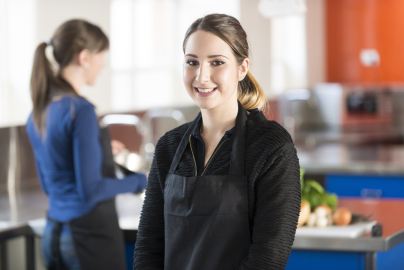 Graduate with two highly complimentary degrees with just one extra year of study, with a unique set of health skills relevant to current and emerging market trends.
Graduate with two highly complimentary degrees with just one extra year of study, with a unique set of health skills relevant to current and emerging market trends.
UniSA offers the first fully accredited exercise and sport science degree in South Australia.1 You'll benefit from practical learning opportunities and be guided by leading exercise and nutrition experts, while studying from a curriculum informed by our above world-class research in nutrition and dietetics, as well as exercise and sports science.2 UniSA is also home to the highly regarded Alliance for Research in Exercise, Nutrition and Activity (ARENA).
Get hands-on in brand-new facilities in our Sports Science Hub located in the new SASI site. Capture 360° motion-capture footage in our biomechanics lab, shape training routines in our Exercise Teaching space, and measure body capacity in our Exercise Physiology lab, including a world-standard Bod Pod to measure body composition.
You’ll build industry connections while you study, from industry placements with a range of elite and local sporting organisations to field trips at South Australia’s major nutrition and food providers.
Graduates are eligible to apply to become an Accredited Exercise Scientist through Exercise and Sport Science Australia (ESSA).
1Exercise and Sport Science Australia (ESSA). 22018 Excellence in Research for Australia (ERA).
As the health, nutrition, exercise and wellness industries continue to grow, employment prospects for graduates are promising. Employment for nutrition professionals in Australia is projected to increase by 7.2% by November 2026.1
Careers to consider include:
1Australian Government National Skills Commission Employment Projections 2021
This program is accredited by Exercise and Sport Science Australia (ESSA). Graduates satisfy the academic requirements and are eligible to apply for registration as an Accredited Exercise Scientist through ESSA. Requirements for registration as determined by ESSA are available on their website.
Have any questions? We're here to help! Contact Adelaide University's Future Student Enquiries Team.
Applying to study with us:
Australian
There are other pathways you can follow to study this degree, including:
International
There are other pathways you can follow to study this program, including:
This degree is available for deferment. This option is made available by responding to your offer during the application process via the SATAC website. Applicants who receive an offer into a midyear degree are eligible to defer for six months.
Every year, over 2,500 UniSA students are supported in their studies through scholarships and grants worth millions of dollars. Check out the scholarships below. One of them may be perfect for you. Visit our scholarships page for more.
$5,000 scholarship for South Australian students with an ATAR of 99 who enrol to study a UniSA undergraduate degree.
Up to $10,000 per annum (full time) for South Australian students who obtain an ATAR of 99.95 or IB equivalent and enrol to study at UniSA.
Our campuses are home to fantastic facilities including modern lecture theatres, libraries, workshops and laboratories, as well as spaces that simulate real work environments. But you’ll also discover that your journey at UniSA is about social experiences, healthy living and getting involved. You’ll find student sports and fitness facilities, community clinics, tech zones and chill-out spaces. There are campus sport activities to keep you active, and if you are keen to explore the social side of university life, there are movies, cooking demonstrations, parties and loads more.
Adelaide also has a variety of accommodation options to suit different requirements and budgets. Options include dedicated student accommodation and private rentals. See our long-term accommodation pages, or explore our student accommodation by Scape on Bank Street in Adelaide’s lively cultural precinct, an ideal location for students. It is within easy reach of UniSA’s city and metropolitan campuses, Rundle Mall shopping, the Central Market, Chinatown, and the West End’s vibrant nightlife. It is also across the road from the Adelaide train station, and on bus and tram routes.
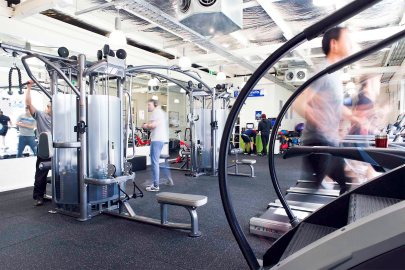
As a hands-on degree, you’ll benefit from UniSA’s practical approach to learning. You'll have access to facilities including:
SASI facilities you’ll learn in include:
You’ll also get to use purpose-built UniSA facilities including:
From 2025, students in our Human Movement, Exercise and Sport Science and Clinical Exercise Physiology programs will benefit from an integrated practical learning experience with the South Australian Sports Institute (SASI). You can study alongside elite athletes and leading industry experts, and learn how to use the latest equipment and sport science technology in new, purpose-built facilities.
You’ll also have access to a range of on-campus spaces including modern lecture theatres, collaborative teaching rooms and relaxed student lounges.
I am proud to direct a program that is delivered by a team of highly-qualified researchers and educators with a genuine interest in developing students into industry ready graduates. This Exercise and Sports Science Australia accredited program utilises innovative and safe learning environments, and offers opportunities for practical experience within industry settings, to enable students to pursue excellence and fulfil their highest potential.

The way you apply for UniSA will depend on the undergraduate or postgraduate coursework degree you're interested in studying.
The majority of applications are made via the South Australian Tertiary Admissions Centre (SATAC). Check out more information on the SATAC website and follow the appropriate process for your degree of interest.
There are a small number of degrees that you need to apply for through direct application processes. The process you need to follow will be listed on the 'How to Apply' section of the degree homepage, but you'll also be taken to where you need to go if you hit the 'apply' button.
If you are interested in studying one of our 100% online degrees you'll need to apply directly to UniSA Online.
You can find more information about the application processes for UniSA on our How to Apply webpage.
If you're more interested in applying for a postgraduate degree by research, check out and follow the information in our step by step guide to applying.
Applications for all degrees will close ahead of study commencing, but the timelines may vary for undergraduate and postgraduate degrees.
The deadline to apply to study a degree at UniSA for semester one (commencing late February) and be guaranteed equal consideration is generally in very late November or early December. While you may be able to apply after this date, you are not guaranteed to be considered equally with other applicants and your application may not be assessed in time for the main round of offers. More competitive degrees may not make any offers after the main offer round. Find more information on the Key Dates section of the SATAC website, but you can also call the Future Student Enquiries team for more information on 08 8302 376.
Many postgraduate by coursework degrees do not have set closing dates. The exceptions are highly competitive degrees, so it is best to check – either on the degree homepage on the SATAC website or by checking with our Future Student Enquiries team.
As most postgraduate applications are assessed as they are submitted and offers are continuous, there are no set closing dates for applications. Degrees can be filled and closed with little notice so it is best to apply as soon as possible to avoid missing out on a place. For more information, please contact our Future Student Enquires team on (08) 8302 2376 or submit an enquiry.
You may be eligible for credit or advanced standing for your chosen UniSA degree based on your previous studies, if they are in a related area and completed within a certain timeframe. Receiving credit or RPL will reduce the number of courses you undertake within the degree, and may also reduce the overall duration of your degree. You can read more about our pre-existing credit agreements through our online Credit Assessor. If you have related industry experience, you may also be eligible to receive recognised prior learning (RPL) for this experience. Credit and RPL is assessed by the Program Director once you've received an offer, and you apply through UniSA's current student experts, Campus Central.
Future Student Enquiries welcomes the opportunity to meet with you to discuss your study options at UniSA. We can discuss degree information, entry requirements and pathways, applications, general career outcomes and student life, so you have the information to make the best study decision for your future. Head to our Book an Appointment webpage to find a date and time to speak with us, and take your next steps on journey to university study.
